Generations of Russians have — at least so Russians believe — been ‘in love with’ Natasha Rostova, the vivacious, honest, sensitive, passionate heroine of War and Peace. Such characters take on a semi-autonomous life in their readers’ memory and imaginations (assisted, as the case may be, by stage, film and television adaptations).
In this extra-textual life, the characters do things even when the narrative eye is not upon them, and they might choose to behave otherwise than they seem to do (this is what the genre of realism asks us to believe, in any case). Were the reader to somehow enter the fictional universe, therefore, they might elicit the character’s love; or, if they are characters (assisted, as the case may be, by paintings, posters and figurines) who imaginatively exist outside of not only the words, but the universes of their literary works, then such a relationship might be managed — is indeed managed — in an imaginary version of the reader’s present.
___
"Iris Murdoch argued that: ‘love is the extremely difficult realisation that something other than oneself is real’."
___
Given that one of the functions of art is to render reality comprehensible, fictional characters may be more loveable by virtue of their greater predictability and comprehensibility. Love for characters such as Natasha, whose dominant qualities may be generally accepted as deserving of love, can serve the same function as that form of eros which Phaedrus praises in Plato’s Symposium: stimulating good deeds. In this case, this may be by ethical imitation - if not of Natasha directly, then of the first man whom she loves, and who deserves that love, Prince Andrei. Alternatively, readers may feel that a given character is a soulmate, knowledge of whom brings them to a more developed state of being, rather as Aristophanes in the Symposium argued that love reunited the two parts of split souls that were originally one.
But other features of love for real people are likely to be absent. A willingness to sacrifice directly to the fictional other will be present only in rare, deluded cases when all sense of that fictionality has been lost.
Iris Murdoch argued that: ‘love is the extremely difficult realisation that something other than oneself is real’; on this definition, love for fictional characters questionably deserves the name.
Philosopher Simon Keller argues that love should be plastic, and should track change in the beloved, the decisive question being: ‘Is this a person with whom I would like to change?’ Although readers may change over the course of their engagement with a character, and their independent development may transform the way in which they read the same character over time, no equivalent change is negotiated by the other party.
J. David Velleman argues that love, like respect, is ‘aroused in response to another’s capacity to reciprocate them.’ This too is impossible in the case of fictional characters, and, for this reason at least, possessive jealousy is unlikely. My husband informs me that when he was a teenager, the boys in his class all fancied two women: Thackeray’s Becky Sharp and Dumas’s Milady de Winter – but none were jealous of these characters’ respective lovers, or even of each other. No more do readers typically offer monogamy; if Emily Brontë's Catherine Earnshaw is one soulmate, Bulgakov’s Margarita may be another, and no exclusivity is offered or required.
___
"Philosopher Simon Keller argues that love should be plastic, and should track change in the beloved, the decisive question being: ‘Is this a person with whom I would like to change?’"
___







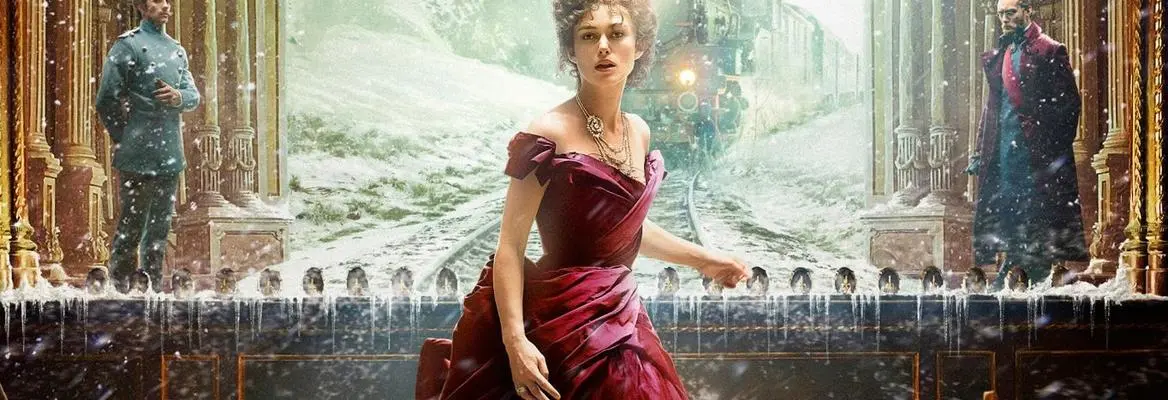





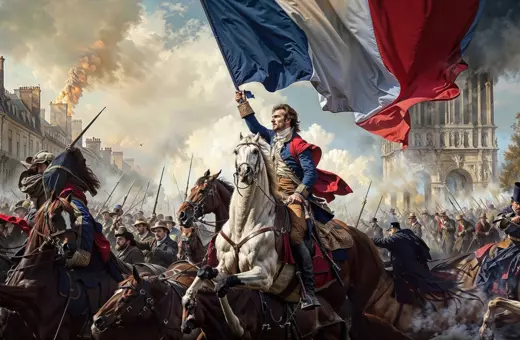
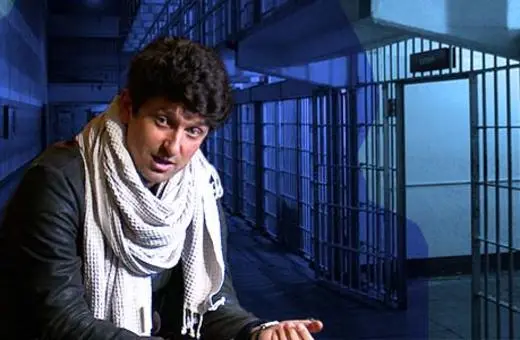

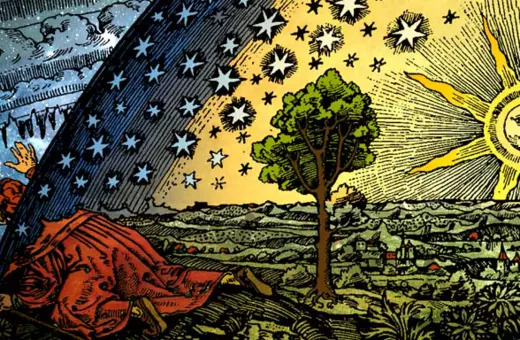
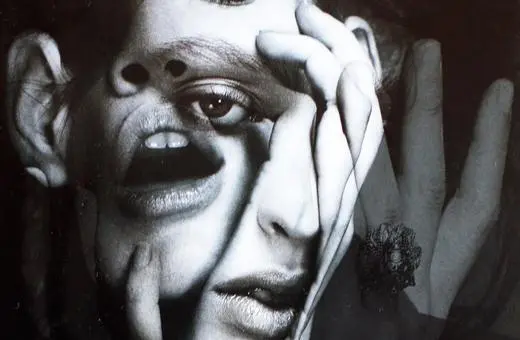



Join the conversation